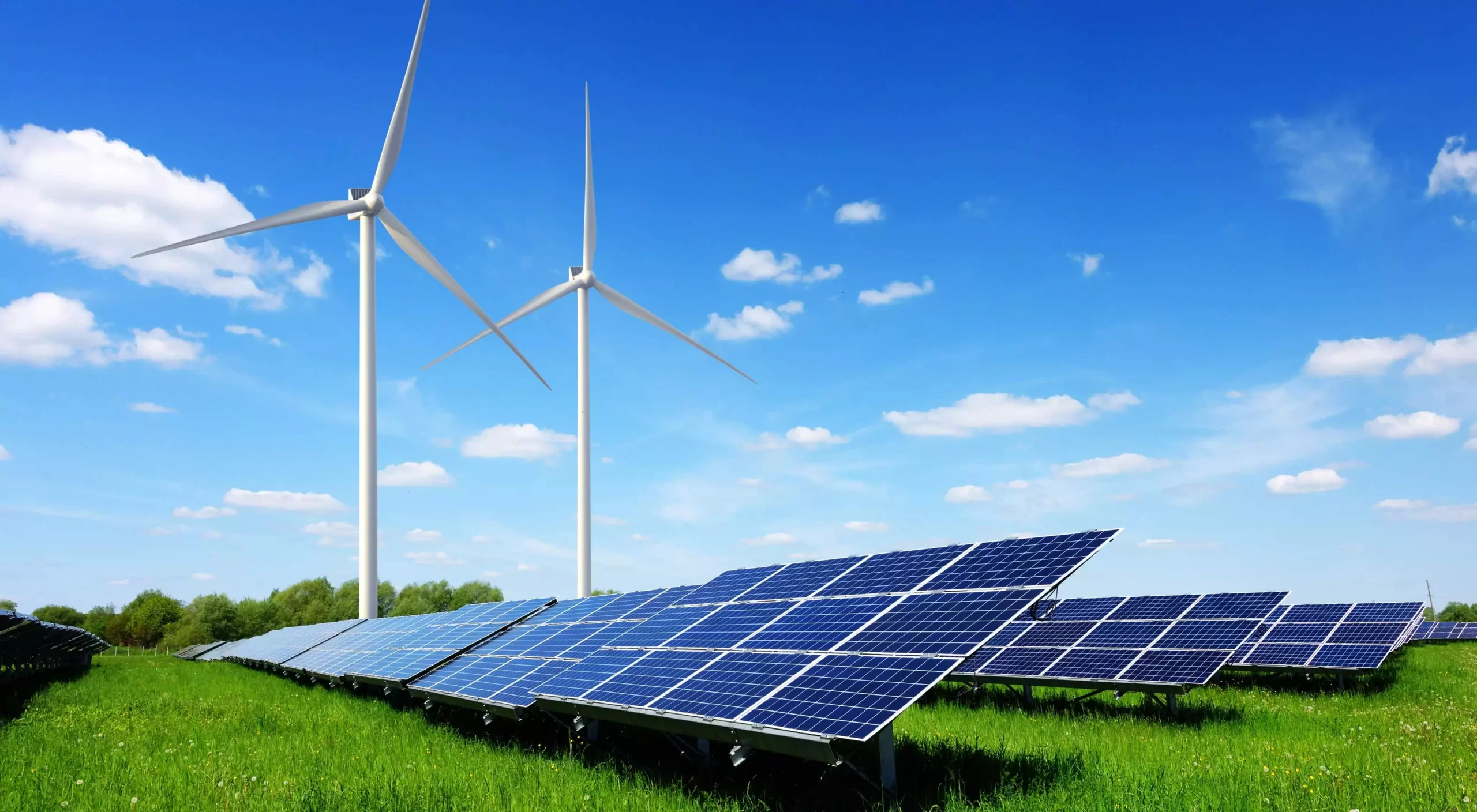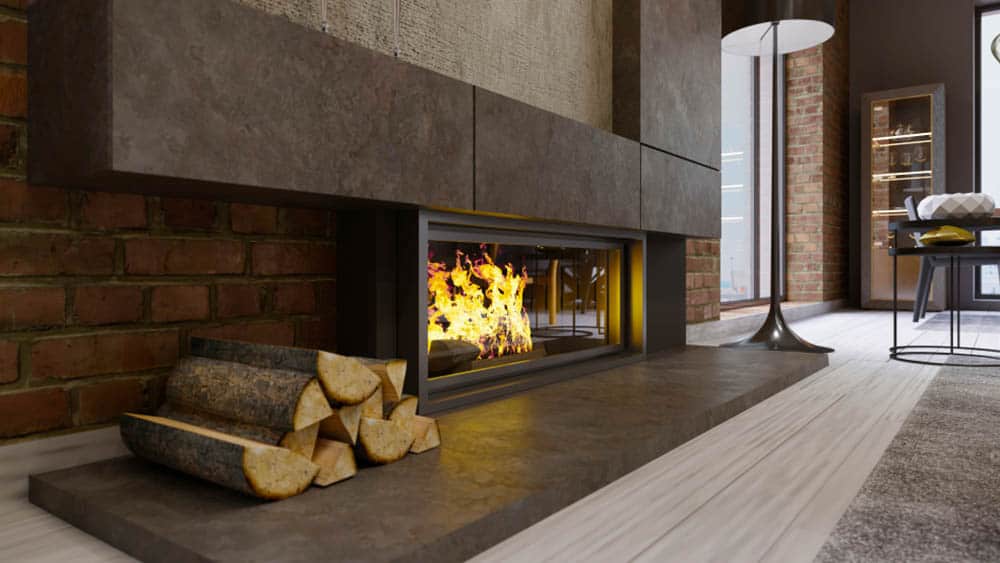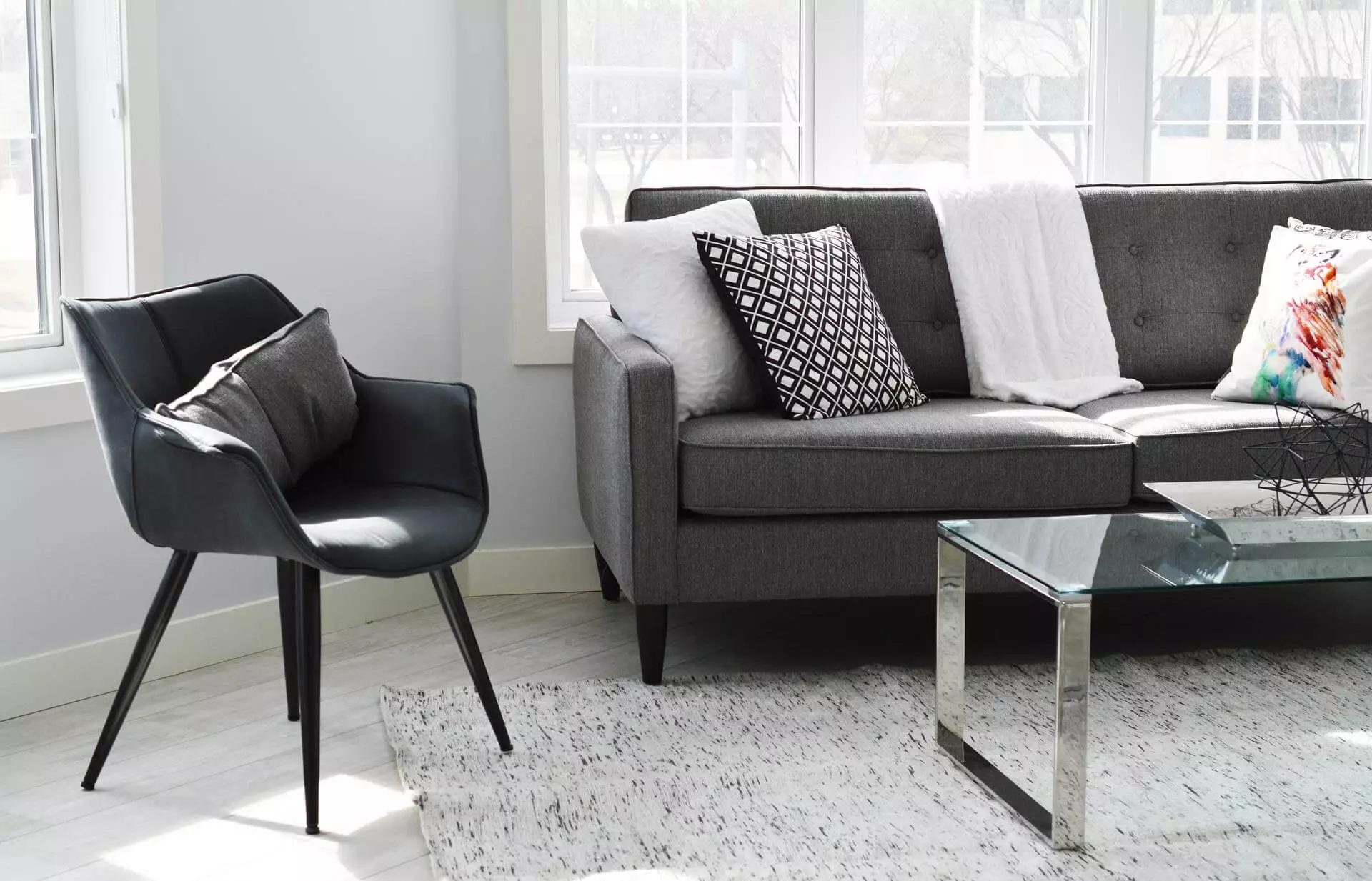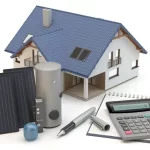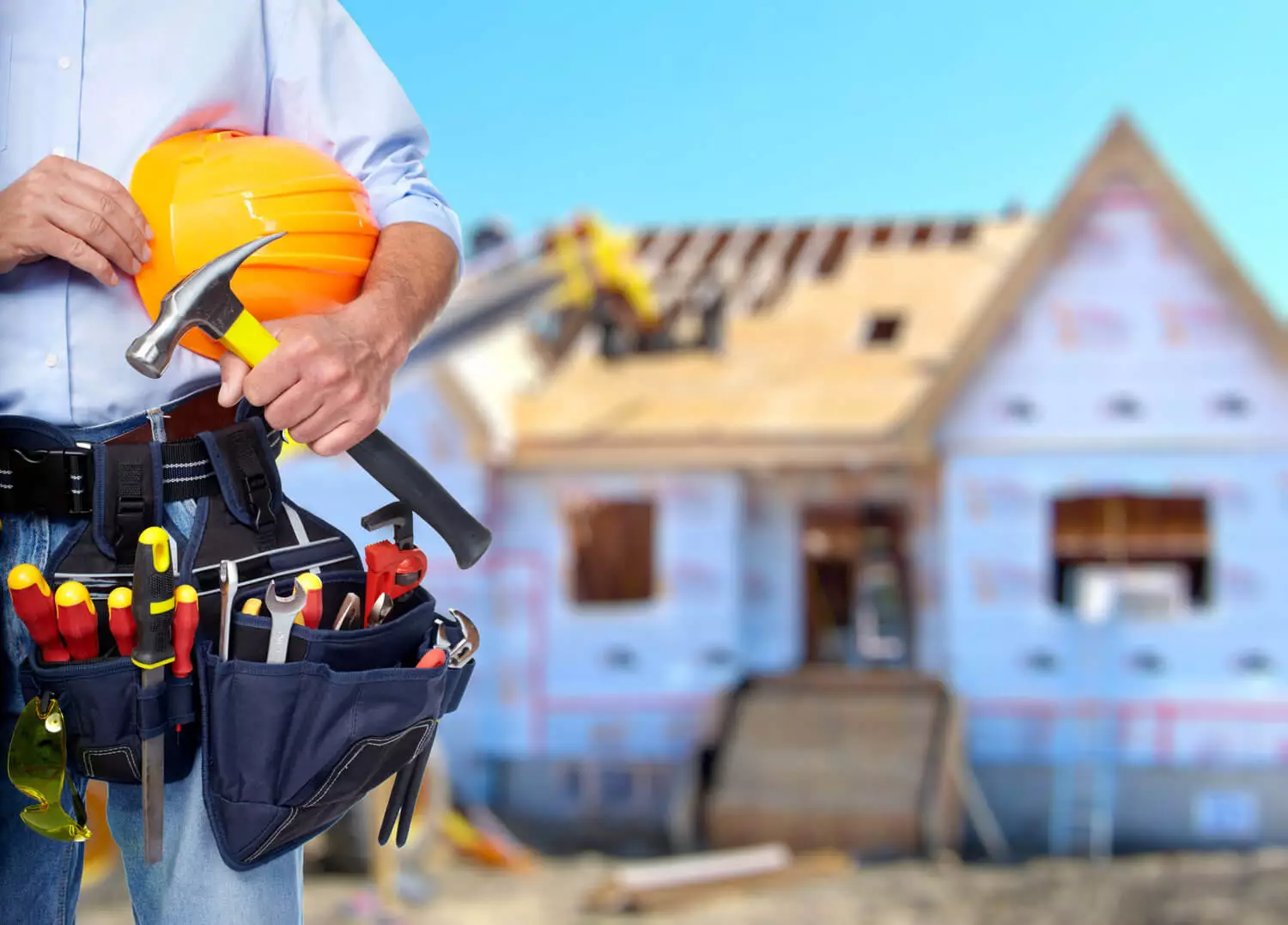Whether you live in a sprawling mansion or a compact apartment, energy efficiency is a topic that should concern us all. From both an environmental and economic perspective, making the most of our energy resources can significantly reduce costs and our carbon footprint. With rising energy prices and the ever-present threat of power outages, it’s imperative to be prepared. So, how can we make sure our homes stay powered while also minimizing expenses? Here’s a mix of traditional and innovative ideas to consider:

Content
1. Regular Maintenance of Electrical Appliances
Electrical appliances like refrigerators, washing machines, and air conditioners require routine checks. By ensuring they operate efficiently, we not only extend their lifespan but also consume less energy.
2. Invest in Energy-Efficient Bulbs and Appliances
LED bulbs and ENERGY STAR-rated appliances might be pricier upfront, but they save a lot in the long run due to their low energy consumption.
3. Proper Insulation
Proper insulation in your walls, floors, and ceilings can prevent heat from escaping during winter and keep your home cool during the summer, thus reducing the need for excessive heating or cooling.
4. Smart Thermostats
These devices learn your habits and adjust the heating or cooling of your home accordingly, ensuring optimal energy usage.
5. Solar Panels
For those who can afford the initial investment, solar panels offer a renewable energy source that can substantially decrease monthly bills.
6. Home Energy Audits
Consider hiring a professional to assess your home’s energy consumption. They’ll offer recommendations on improvements that can lead to significant savings.
7. DIY Energy Generators
Innovations in the world of DIY have seen the development of unique systems that allow homeowners to generate their own energy. For example, the searl effect generator plans offer step-by-step instructions on building a device that promises clean, efficient power for homes. Imagine no more outages or hefty bills!
8. Landscape Smartly
Did you know that even your garden can affect your home’s energy consumption? By strategically planting trees and shrubs, you can shield your home from strong winds and excessive sunlight, reducing heating and cooling needs. If you’re considering transforming your garden, you might want to check out how to create a backyard beehive for honey and pollination. It’s an excellent read on sustainable gardening and its benefits.
9. Unplug Unused Devices
Electrical devices continue to draw power even when turned off. By unplugging devices that aren’t in use, or using power strips that can be turned off at night, you can save on “phantom” energy costs.
Finally, for homeowners planning to be away for a while, ensuring that your home remains safe and energy efficient is crucial. 5 essential tips for safeguarding your home during vacation offer some invaluable insights on the topic.
Maintaining efficient home energy systems might seem daunting at first, but with the right information and a little effort, the benefits are undeniable. Reduced costs, an eco-friendlier household, and the satisfaction of self-reliance are just a few rewards waiting for those willing to take the plunge. Whether you’re implementing just one or all nine of these tips, you’re taking a step in the right direction. And remember, every bit counts when it comes to saving energy and the planet.
The Role of Technology in Energy Conservation
As we move further into the 21st century, technology continues to play a pivotal role in our journey toward energy efficiency. Smart homes equipped with IoT (Internet of Things) devices make energy consumption more transparent, allowing homeowners to monitor and manage their usage in real-time. From smart refrigerators that notify you when a door is left open to intelligent outlets that can be scheduled to turn off during peak hours, the home of the future is a hub of energy-saving innovations.
Behavioral Changes for a Greener Home
While technology provides tools to enhance energy efficiency, human behavior remains a crucial factor. Simple habits, such as switching off lights when leaving a room or opting for natural ventilation over air conditioning when possible, can have a significant impact on energy consumption. Consistent behavioral changes, reinforced by an understanding of their environmental and economic implications, can lead to a sustainable, eco-friendly lifestyle.
The Interplay of Design and Energy Efficiency
The design of a home can inherently affect its energy consumption. For instance, homes with larger windows can utilize more natural light, reducing the need for artificial lighting during the day. Open floor plans can promote better air circulation, lessening the reliance on heating or cooling systems. When considering renovations or building a new home, keeping energy efficiency at the forefront of design decisions can lead to long-term benefits, both for the environment and your pocket.

Melissa Day is a dedicated home blogger who has been blogging for over six years. She covers everything home related. Melissa also loves writing posts about her travels to Europe with her husband and two children.



